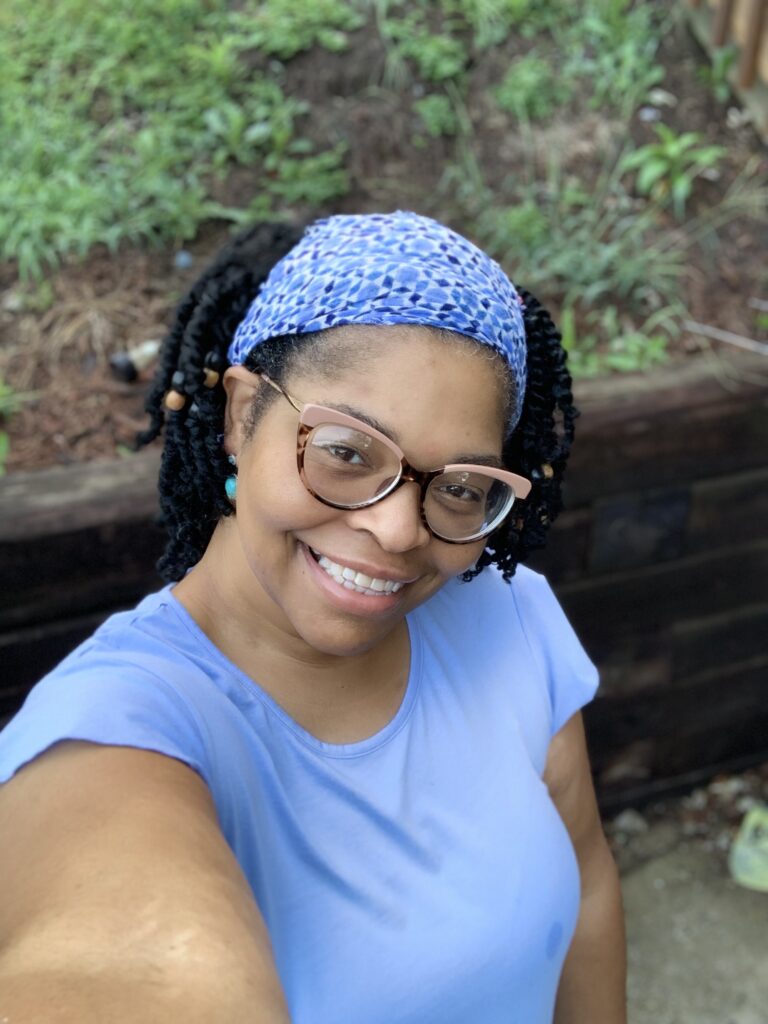Statistics show Black women are more likely to be impacted by social determinants of health than their White peers due to structural inequities, which have made it harder for them to stay healthy.
Jeaonna Hodges, lead doula, the Birth Circle of UPMC Magee-Womens Hospital, shares her experience as a doula and her role to advocate for pregnant patients before, during, and after childbirth.

Jeaonna Hodges
How did you become a doula?
I came to birth work from a very long line of indigenous midwives. My grandmother used to ring a bell and I would know there was a baby being born. I remember being 4 years old, putting my boots on to run down the road to help my grandmother. I really thought I was doing something back then, helping my grandmother deliver babies. As an adult, I came back to doula work following a traumatic birth with my third child and a doctor who didn’t listen. I wasn’t used to seeing birth that way, and I wanted to make sure that this never happens to anyone, and surprisingly enough, and since I’m from a long line of birth workers, here I am today. I’ve seen about 920 births, so this is my passion and I love what I do.
What are the different types of doulas?
There are birth doulas, which is what I am, and prenatal doulas and postpartum doulas as well. Then there are full-spectrum doulas, and those doulas pretty much do it all –birth, postpartum, bereavement, and abortion.
What would say are the benefits of working with a doula?
When you’re working with a doula, that person is going to teach you all the things you need to know. That person’s going to stand up for you. That person is going to help slow down the room when you feel like things are chaotic. My philosophy is: I’m going to love you through the process, and whatever that looks like for you, you tell me.
What is the difference between a midwife and a doula?
The doulas coach, the midwives catch. Doulas are trained in labor support but they’re not medical; midwives are medical providers.
What is the Birth Circle of UPMC Magee?
We are hospital-based doulas with a community-based doula kind of feel. We advocate for the patients first, and our priority is the patient. We do a lot of education. We have about 34 doulas, and we provide free doula services. The caseload can vary from prenatal to postpartum and our clients have a community doula who they work with the entire time.
How do doulas help improve outcomes in Black maternal health at the Birth Circle of Magee?
For the last few years, we’ve been focusing on Black maternal mental health. It often gets missed in the Black community. You know your baby is healthy, and that’s really all you’re supposed to worry about. So, that’s what’s been the focus. During Black Maternal Health Week in April, we did a “warm walk” in which our doulas presented and participated as they went around to the postpartum units and talked to the Black patients about mental health.
As doulas come in to play a little bit more, people reclaim their joy not only just for Black patients, but patients in general being to reclaim their birth space and their birth. It’s an exciting thing happening at UPMC Magee thanks to our leadership who hear and understand and make the effort to bring innovative ways to help.









